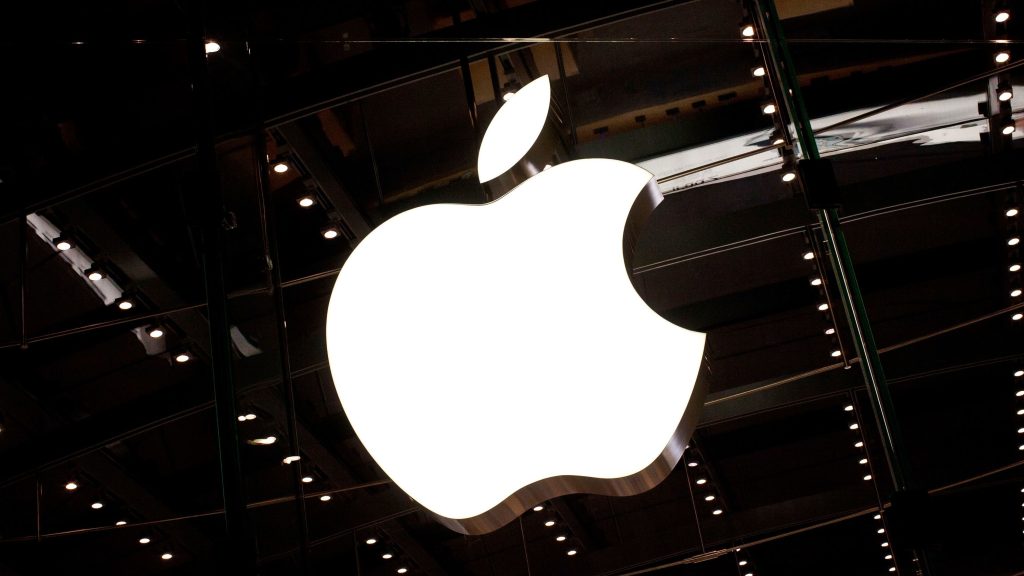I’ll get to it right away, this is a writ to grouch about Apple’s shady business practices, and before I go any further, I’d like to repentantly state that, yes, I am an Apple customer, and will most likely buy another Apple product soon.
With a market capitalization of 2,69 trillion dollars, the company is the world’s largest by market cap and has generated a sweet US$394.3 billion in revenue in 2022. Why is Apple’s stock value so high?
This is because of one particular business practice. The brand is very good at creating problems and then selling solutions at an exorbitant price. As bad as this sounds, it is not illegal; it depends on what kind of problems the company fabricates, and truthfully speaking all big corporates do it, it is a practice that is also repent in the motoring industry.
Companies most likely to get into trouble with the legal fraternity are those that threaten the environment and society’s corporeal well-being. However, the culprits, in this case, do not do that. They understand the business certitude that “consumers buy solutions to their problems”, so they oblige, and they create more problems.
The problems that these companies create are so trivial that people may think you are wearing a tinfoil hat for pointing them out. A car manufacturer, for instance, would create and sell cars with parts that last for a shorter duration than they should. This then creates demand for those parts and thus more revenue streams for the manufacturer.
Take BMW for example, there are not a lot of car manufacturers that come close to the brand’s engineering wizardry, especially when it comes to making performance cars, more specifically engines. However most of their engines are known to falter as soon the car gets out of warranty, The BMW M5 E60 is a prime example of this, the car is soo good at being faulty that it does not wait until it goes out of warranty like the others, I mean sure the car has a screaming V10 engine but that was short-changed by its shortcomings, but is it really possible the same company that built the engine that powered the greatest car of the 20th century, the Maclaren F1, not know how to fix simple rod bearings and valve cover gasket for a high revving mass production vehicle that they are asking over a million rands for?
Not that every technical problem is planned, but certain flaws come up because of overt corporate greed. There is a temptation to take shortcuts and ignore a clearly evident issue when there are profit margins in selling the problem to the client rather than addressing it. Consider how German manufacturers with rather low-reliability ratings only provide you with three to five years of warranty, whereas Japanese and Korean brands with good reliability reputations give you roughly seven years.
Here is a brand that easily summarizes this whole Article; FORD. The brand is over a hundred years old but still creates faulty vehicles. It was the first to create a mass-produced vehicle with the Model T in 1908 so one would think they got a hang of this line production thing, but boy oh boy are their cars hot! No, seriously, no pun intended I’m sure there is a Ford Pinto or Kuga burning somewhere right now, or a relatively new Ford Ranger smoking and burning a hole in someone’s pocket right now.
The company was warned, at some point, about the potentially deadly problems before innocent civilians died, but choose to ignore the cautions, perhaps they were still consulting with their accountants and lawyers about the cost of fixing and the repercussions of ignoring the issue altogether.
Back to the curious case of Apple, ever noticed how suddenly the battery’s health deteriorates and the speaker starts malfunctioning after a year? How about the removal of essentials like headphones and power adapters from the box? Their reason for removing the wall adapter was that they are saving the planet! So okay let me get this straight, they are reducing emissions by separating headphones and chargers and selling them in their own separate plastic packaging? genius!
Let me not get into their interminable refusal to switch from lightning to a more conventional and popular type-c charging cable. These problems are minuscule compared to the value that the key product brings you so they know you won’t stress about them, well you will, but not enough to jump ship.
The same could be said about pharmaceuticals that only focus on developing and selling treatment and not the cure, you have to keep coming back. But my banter is not to attack any of these companies that I love and appreciate, it is to shine a light on some business practices, perhaps some future entrepreneurs will take note.
This is simply a matter of removing unnecessary elements from their key products and selling them separately in order to expand their product offering and thus increase their profits.
This operation strategy is way more common than you may think, think about companies that offer free services but keep some only for subscribers; companies do their research, and they are aware of their selling points and will provide those to you, but the extras come at a cost.
It is a problem to you as a consumer because you feel short-changed but it is a solution for the company because they are in the business of making money, your phone can work without headsets so giving them away for free with every iPhone is a luxury Apple is not willing to afford its consumers, and this makes business sense, Apple knows that their name is big enough to rake in big sales figures so they do not need to record losses by offering unnecessary incentives.
The problem starts when companies take away essentials like chargers or create or ignore electrical problems to keep you coming back for repairs and replacements or rather ignore them as Ford did. Companies do face backlash for their actions or lack thereof. In non-lethal situations, the worst they could get is a lawsuit which will then lead to slap-on-the-wrist from our courts as the custodians of our civil securities and politicians who are soo not funded by the same big corporations.
However, should a company go overboard with their money-making tactics and it is prima facie established that it acted in bad faith, it might have to stand trial. An example of this would be VW’s Dieselgate scandal. Or in the case of the Ford Pinto in the 1970s, where Ford had to pay substantial damages to consumers due to design flaws that made the vehicle prone to fuel tank explosions in rear-end collisions.
In Product Liability cases like these, companies are held liable for damages resulting from defective or unsafe products. Product Liability is a doctrine that vests on another doctrine known as “res ipsa loquitur,” to establish responsibility. Res ipsa loquitur shifts the burden of proof in some product liability cases to the defendant(s). The Latin phrase means “the thing speaks for itself” and is used as an evidentiary rule to permit plaintiffs to establish rebuttable presumptions of negligence on the part of the defendant.
But these cases change the title of this article from “Create a Problem, Sell The Solution” to “Create a Problem, Sell The Problem”. So, let’s stick to Apple and how they milk every penny out of our wallets.

